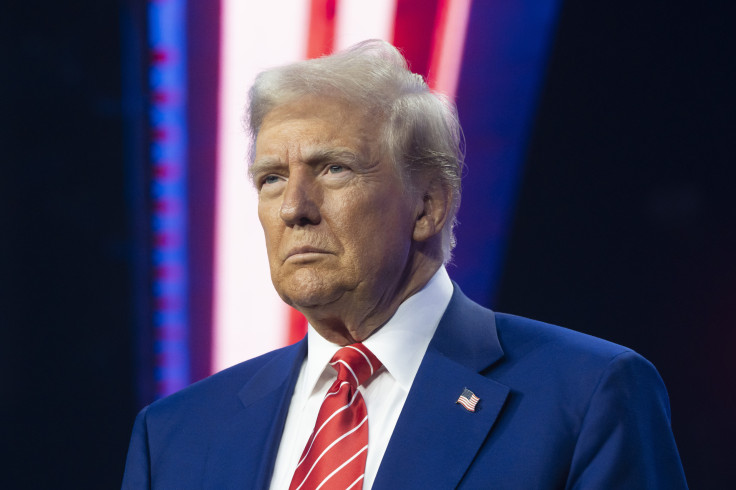
President-elect Donald Trump has not yet officially assumed office. But with just weeks left until his Jan. 20 inauguration, he is already hinting constituents of a broad plan his administration will seek to enact, which includes taking over Greenland, bringing back the Panama Canal and making Canada the 51st state.
Trump's "America First" foreign policy has so far been defined by antagonism toward U.S. allies and adversaries alike, centering territorial expansion— though those dreams seem highly unlikely—, a significant shift for a president-elect who campaigns on making "peace through strength" during his 2024 presidential campaign, according to a new analysis by The Washington Post.
The president-elect's recent comments may be a continuation of his first term's foreign policy approach, where he employed a near-constant departure from diplomatic conventions and prior international commitments. The Post also explains that by "training his imperial instincts" before he takes office on some of the U.S.' allies, he is also pushing the foreign policy he pushed during his first term, "when he sought to forcefully promote American interests on the global stage with little regard for borders or delicate international relationships."
But Trump's own team hints that his recent comments are part of a broader plan.
"World leaders are flocking to the table because President Trump is already delivering on his promise to Make America Strong Again," Trump transition spokeswoman Anna Kelly said in a statement. "When he officially takes office, foreign nations will think twice before ripping off our country, America will be respected again, and the whole world will be safer."
"This isn't just a slapdash, there's a coherent connective tissue to all of this," said a Trump transition team official who spoke on the condition of anonymity because they were not authorized to discuss the matter publicly. "Trump knows what levers to pull and what guardrails there are, and he's in a position of power to utilize those levers."
The official said the overarching mission of countering Russia and China is the common thread tying together Trump's vision on Canada, Mexico, Greenland and Panama. Though Trump himself has not made that argument, The Washington Post reports.
Trump's initial plans have been met with some hesitation by experts and fellow Republicans alike.
Former representative Carlos Curbelo (R-Fla.) told MSNBC this week that Trump's messages could "deteriorate" relationships between the U.S. and other countries, which could make it more difficult to build international alliances in the future. "These kinds of insults could provoke them into a confrontation with the United States," Curbelo said, noting it's unlikely it would be a military conflict. "There is a risk here even if it is a negotiating tactic.
At the same time, Trump's focus on the Western Hemisphere, as opposed to Russia and China directly, indicates that he is "less convinced we can determine national security outcomes in other theaters of the world," where the U.S. has less influence, according to Ryan Berg, the director of the Americas Program and head of the Future of Venezuela Initiative at the Center for Strategic and International Studies, a nonpartisan Washington-based nonprofit group that specialized in national security issues.
But despite the Trump team's claims and goals about nations "flocking to the table," are they actually intimidated by the new administration? It seems that is not the case.
For one, Canadians and their political leaders are unlikely to prove receptive to dissolving their country, and U.S. lawmakers have not broadly expressed willingness to absorb Canada as a new state.
Likewise, Greenland's Prime Minister Mute Egede has said the island is "not for sale and will never be for sale." He also hinted at the importance of the country's autonomous territory, that's part of the kingdom of Denmark, saying "we must not lose our years-long struggle for freedom. However, we must continue to be open to cooperation and trade with the whole world, especially with our neighbors.
As per Panama, President Jose Raul Mulino has been assertive on his desire to keep control of the contested Panama Canal, saying "every square meter of the Panama Canal and its adjacent zone belongs to Panama and will remain so."
© 2025 Latin Times. All rights reserved. Do not reproduce without permission.




